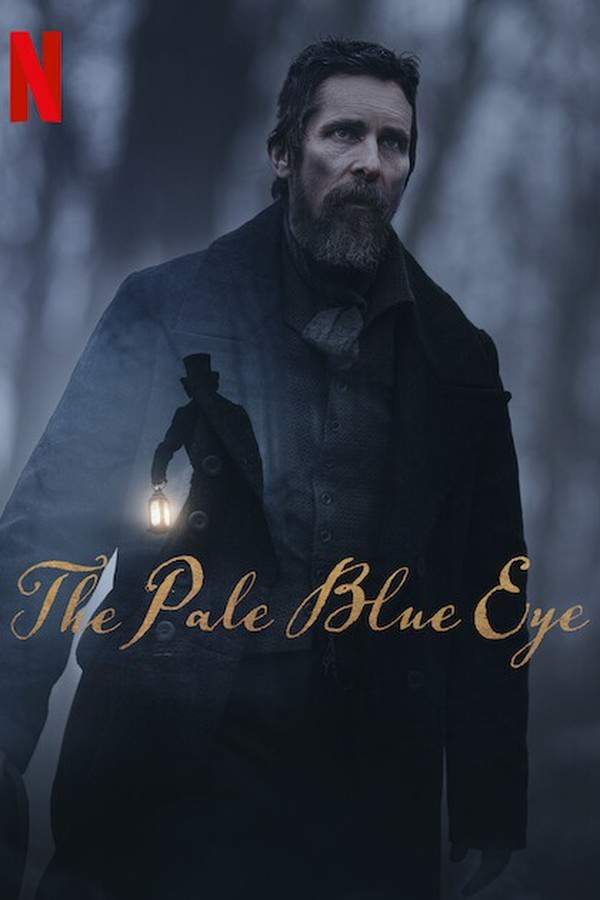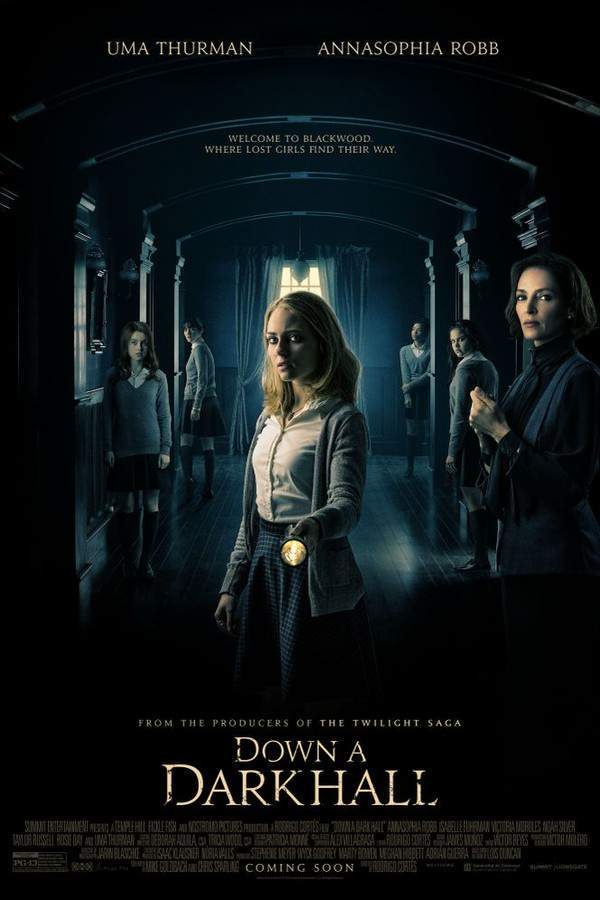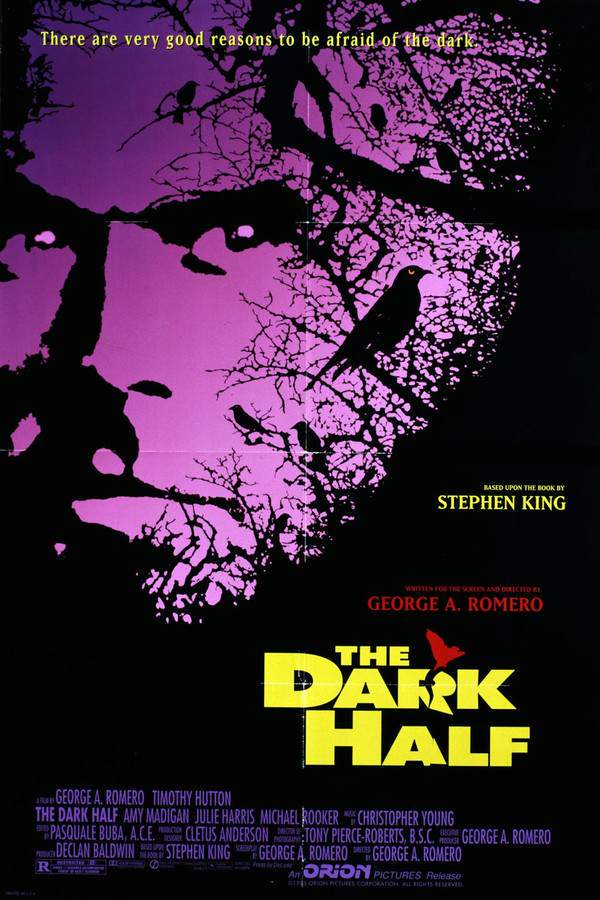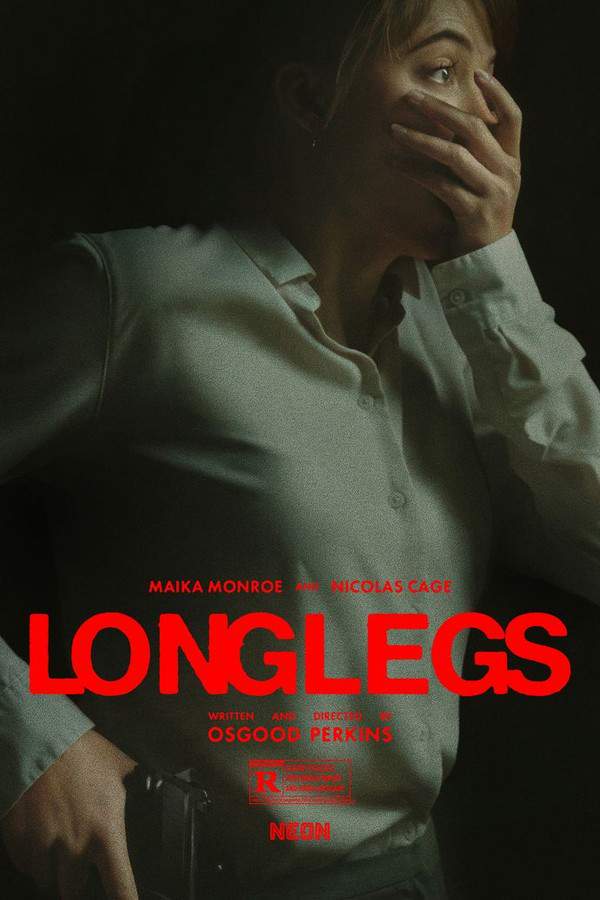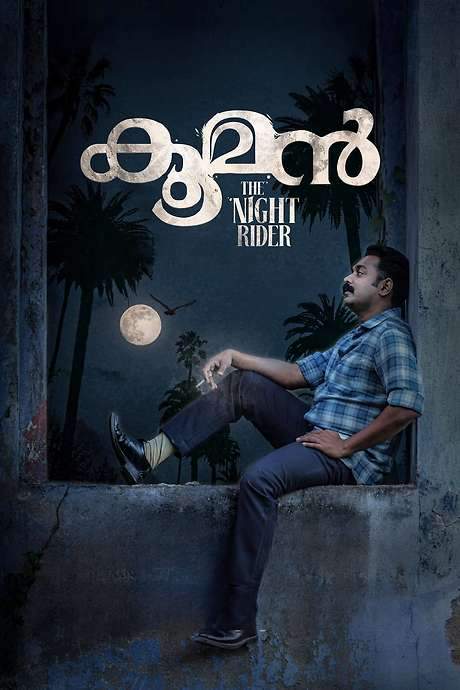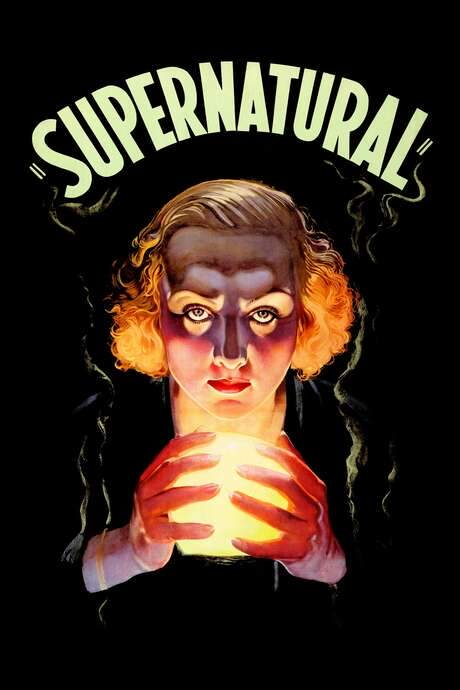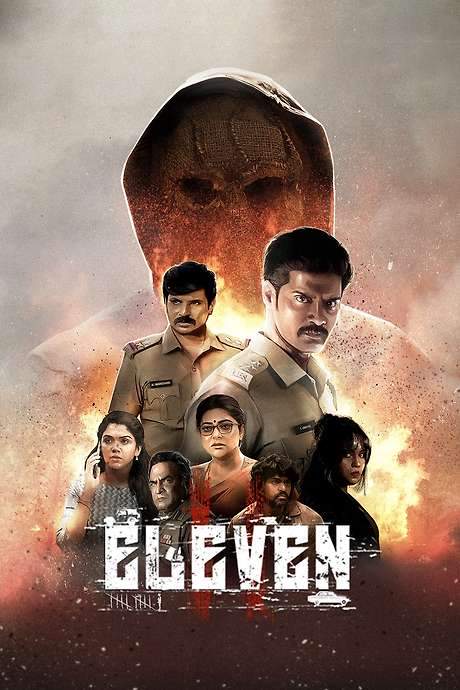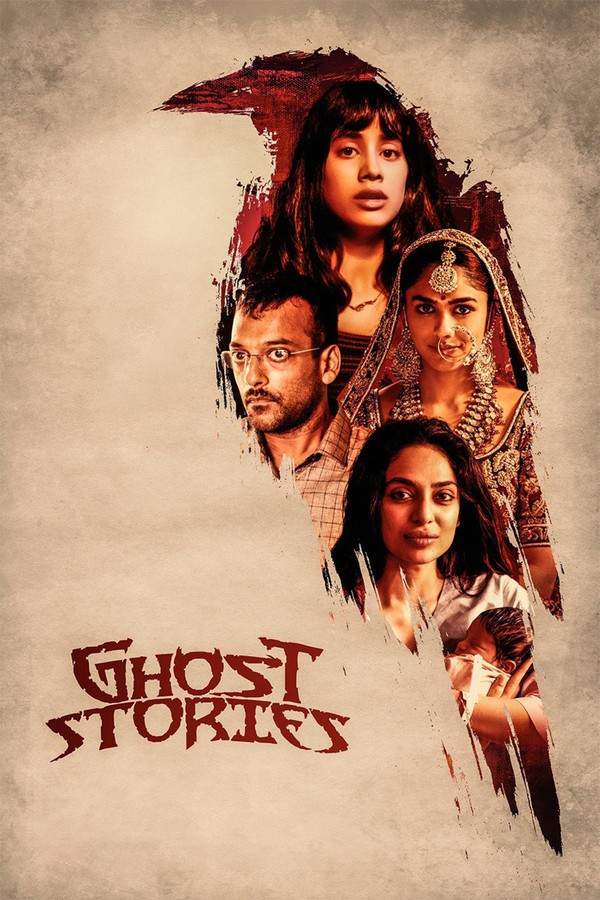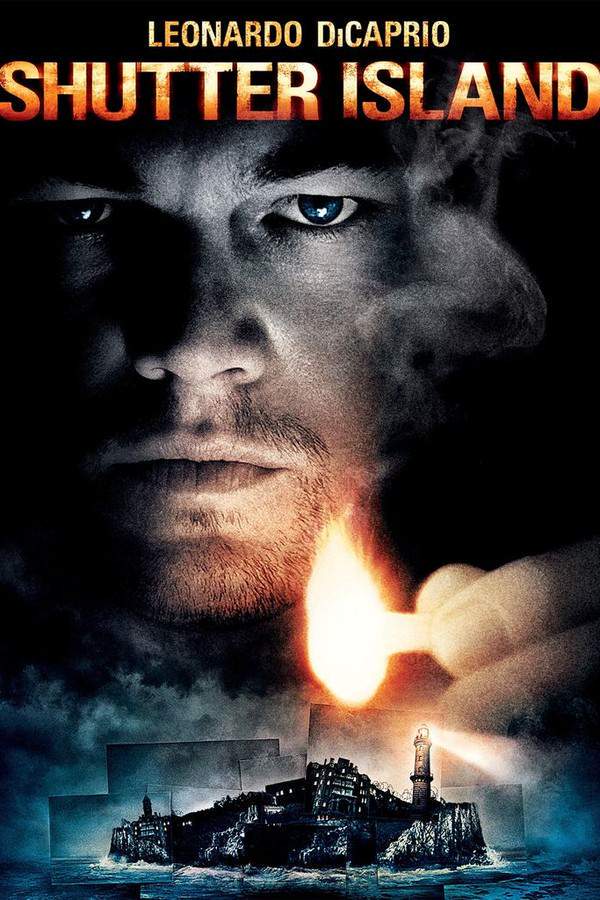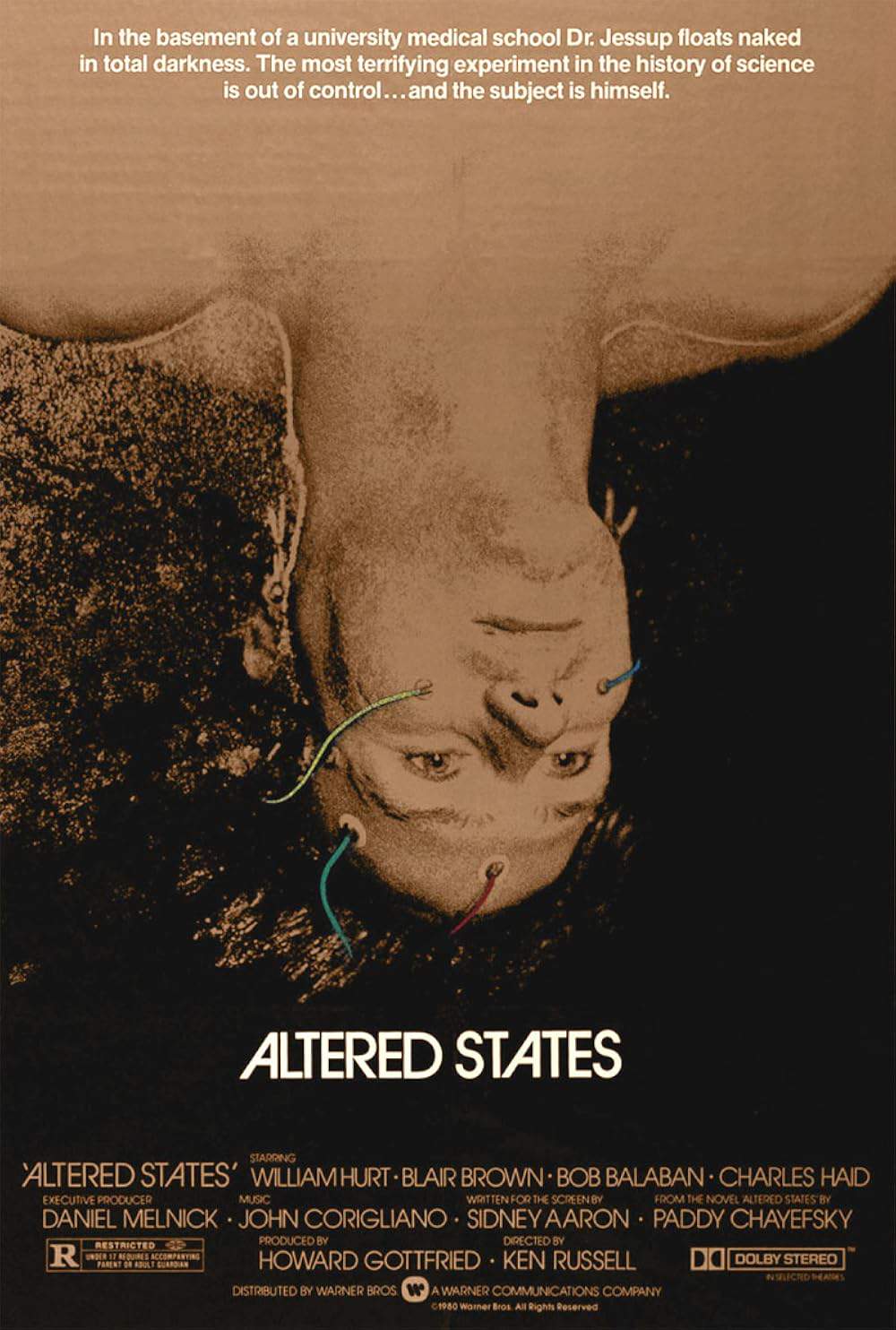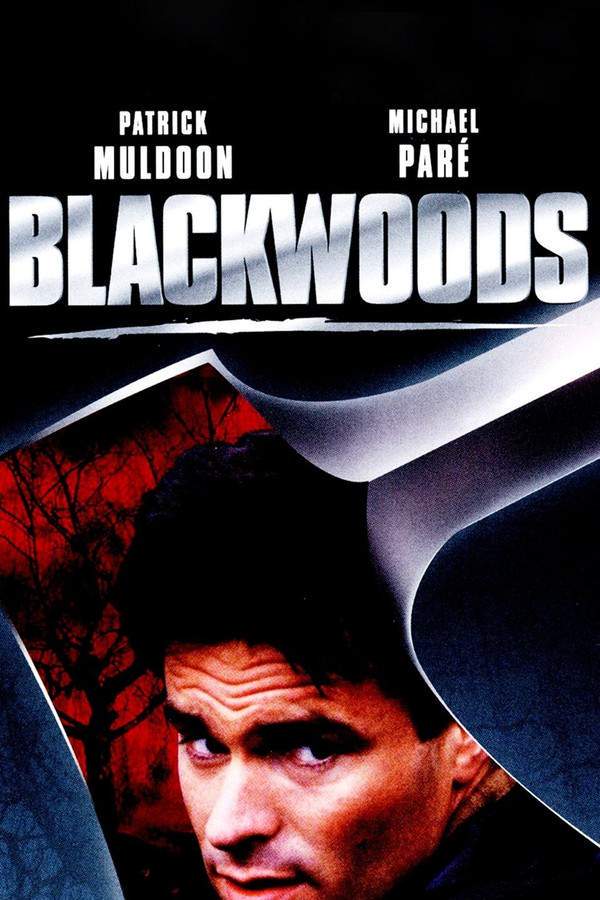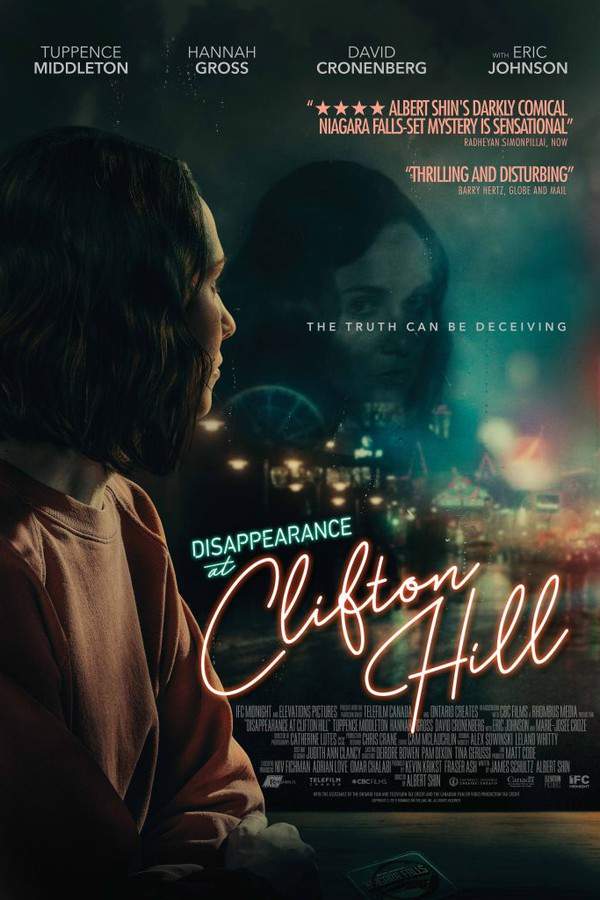
Double Vision
Year: 2002
Runtime: 112 mins
Language: Chinese
Director: Chen Kuofu
Which one of you will go to hell? An FBI Agent pairs with a troubled Taiwan cop to hunt for a serial killer who’s embedding a mysterious fungus in the brains of victims.
Warning: spoilers below!
Haven’t seen Double Vision yet? This summary contains major spoilers. Bookmark the page, watch the movie, and come back for the full breakdown. If you're ready, scroll on and relive the story!
Double Vision (2002) – Full Plot Summary & Ending Explained
Read the complete plot breakdown of Double Vision (2002), including all key story events, major twists, and the ending explained in detail. Discover what really happened—and what it all means.
Huang Huo-tu, Tony Leung Ka Fai, a Waisheng ren living in Taiwan, has dragged himself into a lonely, unsatisfying life as a Foreign Affairs Officer. Once a whistleblower who exposed corruption within the police, he has become an outcast among his colleagues, shunned and watched over by a wife who steadily moves toward divorce and a daughter scarred by a hostage ordeal. The weight of guilt and regret presses down on him as he teeters on the edge of a nervous collapse, a man haunted by the choices that followed his decision to speak out.
A string of baffling deaths erupts around Taipei, snagging the attention of both local investigators and the broader investigative world. A Christian preacher of foreign origin is found disemboweled, a grim clue that touches on the Taiwan-US military trade. FBI agent Kevin Richter, David Morse, is brought in to assist, and Huang, who can speak English, becomes his liaison. Richter is widely regarded as a top expert on serial killers, having previously chased a disturbing pattern of murders back in the United States, where the victims appeared to welcome death. Yet the case in Taipei carries an ominous, almost otherworldly air that stretches beyond ordinary crime-scene analysis.
The crimes themselves suggest something beyond human malice. In one case, a businessman dies of exposure in his office during a blistering heatwave; in another, the mistress of a high-ranking official calls the fire department only to be found burned to death without any blaze in her apartment. Richter remains skeptical of any supernatural reading, while Huang grows increasingly receptive to the possibility that other forces might be at play. The two men team up to probe a local cult, and their investigation takes a scholarly detour when they consult an expert at Academia Sinica. Together they uncover a Taoist belief about enduring five types of suffering in order to become a Xian, an immortal being. The legends speak of double pupils that can see the sins of others, and a forgotten tale of a man who, through his extraordinary sight, punished sinners and then attained immortality.
As the detectives dig deeper, they learn that every victim has acted against their conscience in some way, and that a hallucinogenic fungus—delivered through an advanced technology—had been used to induce a narcotic blend of pleasure and guilt, driving the victims to kill themselves. The trail leads to two powerful executives in Hsinchu Science Park, whose fortunes have allowed them to move a Taoist temple into their company premises, turning the building into a gathering place for a growing cult. When the police raid the temple, a brutal clash ensues: a costly massacre wipes out many officers and cultists, and a hidden survivor—an innocent girl—melts back into the shadows of the temple’s back chamber.
The next morning, Huang discovers that Kevin Richter is dead, having cut out his own tongue—the fourth and fifth stages of suffering in the legend, a grim symbol of the conspirators’ control. The revelation that both men were infected with the same hallucinogen pushes Huang deeper into guilt and hallucination, pulling him toward a fateful confrontation with the girl he believes holds the key to the cult’s power. The survivor, Hsieh Ya-Li, is revealed to be the actual leader of the cult and, crucially, the one with the double pupils. Her plan hinges on forcing Huang to kill her, an act she believes will complete the final requirement for immortality.
What follows is a harrowing psychological descent, as Huang’s sense of responsibility, shame, and longing for his family collide with the cult’s manipulative rituals. The story spirals through a haze of visions and memories, with the guilt that plagues him acting like a living presence. The girl’s presence challenges his fealty to his own humanity, and she becomes a mirror for the sins the victims committed and the punishments they endured. The climactic sequence blends supernatural suggestion with hard-edged police procedure, and the ending rests on a questions of fate, forgiveness, and faith.
There are two endings to the film, both rooted in Buddhist Gatha. In the hopeful version, love triumphs over death and the narrative hints that Huang’s family’s love endures beyond the mortal frame. The film explicitly conveys that this is a path toward immortality through love: > “love is immortal” (有愛不死). In the alternate cut, circulated on later DVD releases, Huang’s struggle culminates in his death, underscoring the cost of guilt and the price paid for confronting a malevolent force that feeds on human frailty.
The film blends procedural detective work with philosophical meditation, inviting viewers to weigh guilt, temptation, and the possibility of transcendence. The Taipei setting—a city where a conventional investigation can brush up against ancient beliefs and modern technology—becomes a character in itself: a place where a temple can be moved into a corporate space, where the line between science and superstition blurs, and where a detective’s personal ghosts echo the victims’ hidden sins. The cast threads through this atmosphere with a quiet intensity: Huang Huo-tu’s haunted stubbornness anchors the story; Kevin Richter’s cool, skeptical approach provides a counterpoint that sharpens the tension; Ching-fang’s tragic history and Hsieh Ya-Li’s chilling leadership drive the plot toward its double-edged conclusion.
In the end, the film asks whether redemption and survival can coexist with the truth of one’s actions, and whether immortality can be earned through the hardest kind of suffering—choosing to confront the sins within and to protect the ones you love. It leaves audiences with a choice, framed through two distinct tonal endings, each anchored by the same ethical question: what does it mean to be truly alive when death and guilt are never far away?
Last Updated: October 09, 2025 at 15:24
Explore Movie Threads
Discover curated groups of movies connected by mood, themes, and story style. Browse collections built around emotion, atmosphere, and narrative focus to easily find films that match what you feel like watching right now.
Supernatural crime thrillers like Double Vision
Gritty detectives unravel cases that defy rational explanation.If you liked the blend of forensic investigation and Taoist mythology in Double Vision, you'll find similar movies here. These stories pair gritty detectives with inexplicable cases, where the search for a killer leads to ancient rituals, supernatural forces, and psychological turmoil.
Narrative Summary
These narratives typically follow a seasoned but often troubled investigator who is confronted with a case that has supernatural or ritualistic elements. The plot unfolds as a standard procedural, but the clues increasingly point towards an irrational explanation, forcing the protagonist to question their own sanity and beliefs.
Why These Movies?
Movies in this thread are grouped by their unique fusion of crime-solving and the supernatural. They share a dark, oppressive tone, a steady investigative pace, and a focus on the psychological toll of confronting the unknown, creating a distinct subgenre of thriller.
Movies about psychological collapse like Double Vision
Haunted protagonists unravel as past trauma blurs reality.For viewers who appreciated the heavy emotional weight and psychological unraveling in Double Vision, this list features movies where tormented protagonists confront their past sins. These stories explore guilt, redemption, and the fragile boundary between reality and hallucination.
Narrative Summary
The narrative follows a central character consumed by a past failure or sin. As they pursue a goal—often an investigation—their internal turmoil manifests externally through hallucinations, visions, or paranoia. The story's progression is intertwined with their psychological breakdown, making the external conflict a reflection of their internal battle.
Why These Movies?
These films are connected by their focus on a heavy, psychologically oppressive atmosphere and a protagonist's journey into their own damaged psyche. They share themes of guilt, redemption, and the blurring of reality, offering a deeply immersive and emotionally taxing experience.
Unlock the Full Story of Double Vision
Don't stop at just watching — explore Double Vision in full detail. From the complete plot summary and scene-by-scene timeline to character breakdowns, thematic analysis, and a deep dive into the ending — every page helps you truly understand what Double Vision is all about. Plus, discover what's next after the movie.
Double Vision Timeline
Track the full timeline of Double Vision with every major event arranged chronologically. Perfect for decoding non-linear storytelling, flashbacks, or parallel narratives with a clear scene-by-scene breakdown.

Characters, Settings & Themes in Double Vision
Discover the characters, locations, and core themes that shape Double Vision. Get insights into symbolic elements, setting significance, and deeper narrative meaning — ideal for thematic analysis and movie breakdowns.

Double Vision Spoiler-Free Summary
Get a quick, spoiler-free overview of Double Vision that covers the main plot points and key details without revealing any major twists or spoilers. Perfect for those who want to know what to expect before diving in.

More About Double Vision
Visit What's After the Movie to explore more about Double Vision: box office results, cast and crew info, production details, post-credit scenes, and external links — all in one place for movie fans and researchers.


